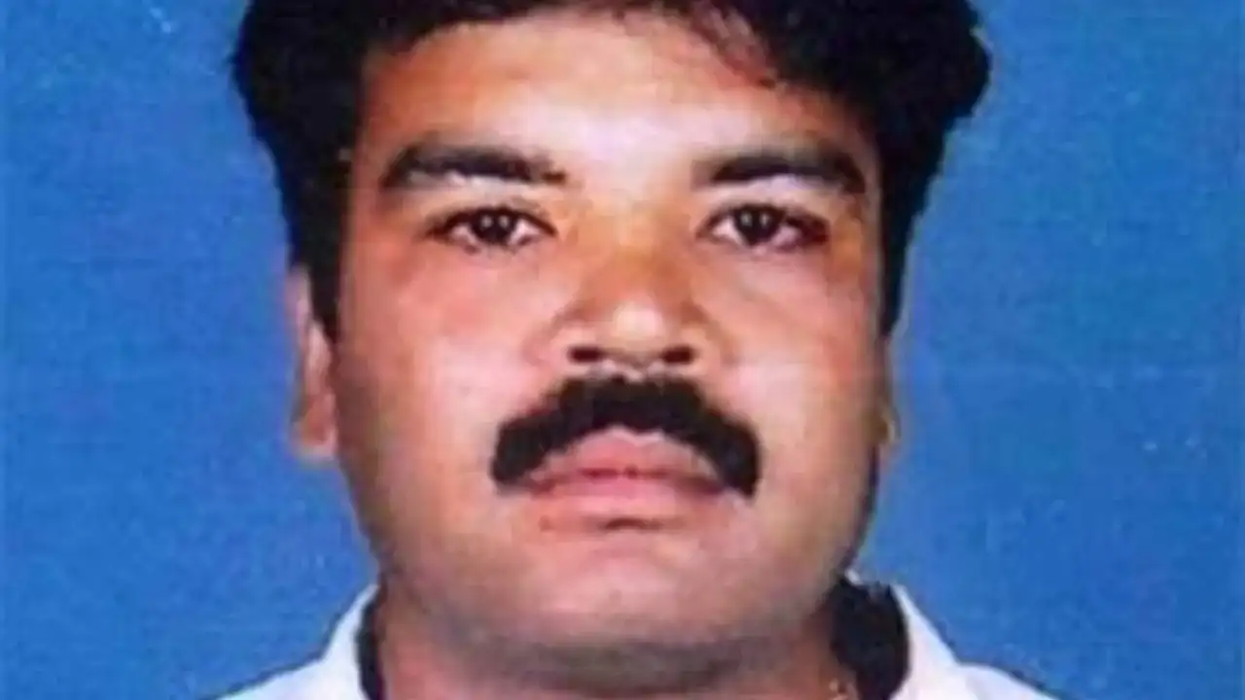by Nadeem Badshah
PUTTING more people in jail for controlling behaviour towards their partner will encourage Asian victims to come forward, campaigners have said.
Groups have called for more convictions and greater awareness of the signs of domestic abuse to help people to contact police about their spouse, partner or relatives.
Since the law was introduced on “controlling and coercive behaviour” in 2015, the majority of cases has been dropped without charge.
Data obtained from 33 police forces for January 2016 to July 2018 showed there were 7,034 arrests – but only 1,157 cases ended with someone being charged.
Some 4,837 cases were dropped by police or prosecutors.
Recent court cases have included a man installing a CCTV camera in his home so he could mock his girlfriend’s weight while he was at work and a boyfriend pressing his sleeping fiancee’s thumb onto her iPhone to unlock it and check her texts and emails.
Experts said that, compared to other groups, women of south Asian origin often take longer to report domestic abuse to police due to fears over giving evidence against loved ones.
Radhika Handa, from support group Southall Black Sisters (SBS), told Eastern Eye: “Criminalisation on its own is not enough, we need to see prosecutions. There have been low levels of prosecutions. Also, awareness of little things, which when taken as a pattern is controlling and isolating women so she is not allowed to be herself. What looks like low level stuff like saying ‘you shouldn’t call your family all the time, call them in front of us instead of in private’ or ‘ask us for money’ means that they are kept financially dependent.
“From the outside they think they are being protective or cultural, but they are kept in isolation. Some Asian women don’t recognise it as being abusive, but culturally they would expect their husband and in laws to behave in that way.”
The Law Commission is looking into people using technology to control loved ones and asked SBS to contribute.
Handa added: “We had a case of a woman who left their husband, there is a child involved, and the husband bought them an iPad and installed Find My Friends to track them - which is coercive behaviour when a relationship ends. Also, taking intimate images of women without their knowledge or consent, which are kept so as to blackmail the woman.
“Family members are also hacking Facebook and Instagram accounts. It is frighteningly easy to behave in that way without the knowledge. of a woman.”
Coercive or controlling behaviour within an intimate or family relationship became a criminal offence in the Serious Crime Act 2015. The offence was created because this form of domestic abuse was not previously covered by legislation.
According to Ministry of Justice data for 2016 and 2017, the average custodial sentence for those sent to prison under the new law was 17 months. And the average compensation paid to victims was £413.
Polly Harrar, founder of The Sharan Project charity, said it is vital that victims are educated about the signs and symptoms of controlling relationships before they become trapped.
She told Eastern Eye: “Coercive control is an insidious abuse, which seeks to isolate a women from her family, friends and support networks so that perpetrator can exercise control every aspect of their victim’s lives. It is a truly destructive crime, which deconstructs a victim’s personality, lifestyle and life causing them harassment, intimidation or harm. It can cause longer term psychological damage.
“Don’t suffer in silence and don’t tolerate domestic abuse.
“There is vast network of support organisations across the country, which women from all backgrounds, including from south Asia, can go to for non-judgemental and confidential help, support and advice.”
Emine Mehmet is a family and childcare director at Duncan Lewis Solicitors. She said: “The most important thing is educating women at an early stage that this behaviour is not acceptable.
“It can be difficult to break that cultural perception that it is shameful to report such behaviour. Also, any services that assist women in these circumstances need to be sensitive to cultural issues and offer early advice on protective orders and safe places to ensure women know there is support and protection available.
“I had a case which was an extreme example, where the woman was effectively kept as a modern-day slave and was not allowed any freedom at all. She sought help through medical services and was then placed in a hostel and given advice about protective orders which really helped.”
The Home Office said there are plans for a government definition of domestic abuse that will cover psychological, physical, sexual, economic, and emotional abuse.
A spokesman added: “Since the introduction of the coercive and controlling offence in December 2015, there have been 235 successful convictions and a third-fold increase in the number of defendants proceeded against.
“While we are encouraged that the new offence is increasingly being used by police, we will continue to work with police and prosecutors to ensure the new laws are used to maximum effect. Since 2010, all prosecutions for domestic abuse have increased by 20 per cent and convictions by 28 per cent – meaning that more perpetrators are being brought to justice.”
















 All eyes on Donald Trump Jr and Bettina Anderson as their PDA grabs attention before Trump’s arrivalGetty Images
All eyes on Donald Trump Jr and Bettina Anderson as their PDA grabs attention before Trump’s arrivalGetty Images  Donald Trump Jr and girlfriend Bettina Anderson steal the spotlight with PDA at New Jersey airportGetty Images
Donald Trump Jr and girlfriend Bettina Anderson steal the spotlight with PDA at New Jersey airportGetty Images  Donald Trump Jr. and Bettina Anderson depart the White House to attend the Military ParadeGetty Images
Donald Trump Jr. and Bettina Anderson depart the White House to attend the Military ParadeGetty Images  Bettina Anderson and Donald Trump Jr spotted in a candid moment Getty Images
Bettina Anderson and Donald Trump Jr spotted in a candid moment Getty Images  Donald Trump Jr. with Bettina Anderson ahead of US President Donald Trump's addressGetty Images
Donald Trump Jr. with Bettina Anderson ahead of US President Donald Trump's addressGetty Images 
